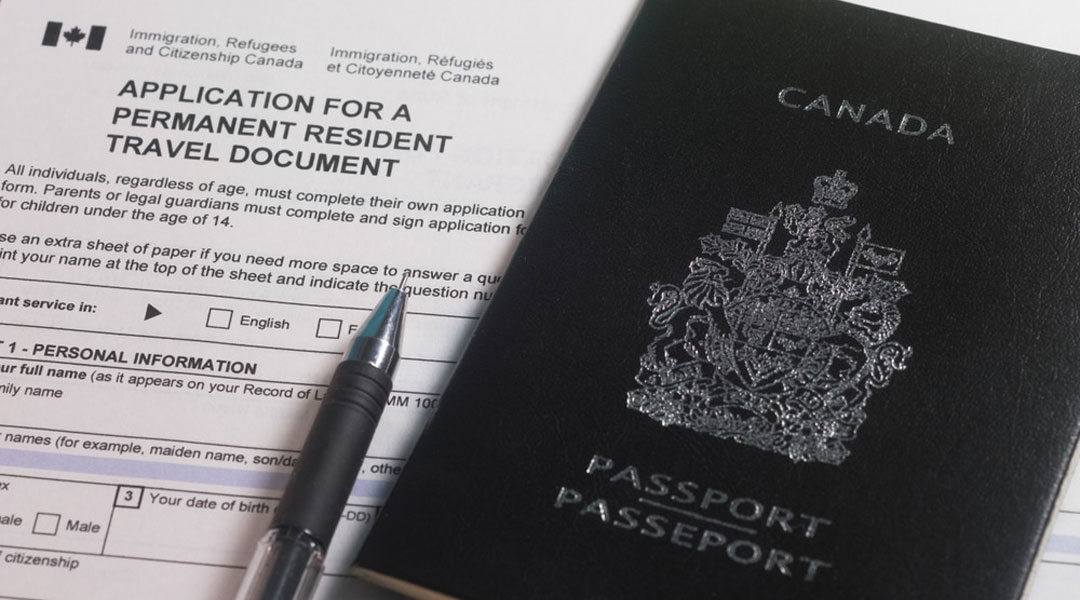Whether you are a foreign small business owner or an owner of a large business corporation, there are many possibilities for starting a business in Canada. This page will explain how to start a business in Canada, specifically for foreign entrepreneurs. We will also go through the business immigration options available to you because this is an essential step in launching a business as a foreign resident.
Below we will explore the step-by-step process of how to open a business in Canada, taking into account the business immigration aspect of the process. The 9 key steps that you should follow are:
Step 1 – Develop a Business Idea
Opening any business always starts with a solid business idea. Knowing your target audience and your product or service’s suitability within the market is crucial. Whether your business idea is revolutionary or based on similar successful businesses, you need to be certain that you have fully developed your business idea because these foundational elements will be the basis of your success.
- Immigration requirement – relevant experience. From the standpoint of business immigration, you must also demonstrate that you have relevant experience (either in the same or similar industry) and managerial skills to establish and run your business in Canada. The Immigration Officer assessing your application has to be convinced that you are able to execute your business plan. Therefore, ensure to include evidence related to your educational background and employment or business ownership experience in your application to demonstrate that you possess all the necessary skills and knowledge to undertake such a venture in Canada.
Step 2 – Seek Mentorship and Networking
Receiving advice from experienced professionals, colleagues, and mentors can sometimes make all the difference in opening a business in Canada. As a foreigner, you may not know everything about the Canadian market. In fact, the same industry can look completely different in Canada compared to your home country. Thus, learning from the experience of other entrepreneurs can help you better understand your business in Canada. The network you build in Canada will serve you and your business for many years! Getting feedback and assessment from trusted mentors, advisors, or even new business friends is always beneficial.
Step 3 – Create a Business Plan
When planning to open a business in Canada, you must have a viable business plan . In fact, any business anywhere should not start without first creating a thoughtful and bulletproof business plan.
- Immigration requirement – viable business plan. Your business proposal is the most important part of your work permit application, so make sure that your business concept is specific, well-researched, and viable in Canadian market conditions. Include as many details as possible in your business plan. A good business plan should include the following sections, among others: description of business model, value proposition, competitive advantage, risks and challenges, long-term vision, short-term execution strategy, team & staffing plan, key partners/suppliers, monetization strategy, market research, marketing strategy, P&L analysis.
- However, keep in mind that your business should NOT be an owner-operator type of business that generates income only for you or your partner. Your business should not be the “passive investment” type of business (like buying a real estate property to rent), but rather should require your active involvement and day-to-day management.
- It should have a solid long-term expansion and growth plan, aim to create jobs for Canadians and contribute significantly to the Canadian economy.
Step 4 – Financial Investment
Some businesses can be started with minimal upfront investment; others need significant funds to begin operating. Depending on the business type and your business plan, you should clearly know how much financial investment your Canadian business will require. With that figure in mind, you can start planning how you will fund your business. Some entrepreneurs rely on personal savings or savings from other ventures, while others seek funding from venture capital funds, banks, or government loans and grants.
- Immigration requirement – financial capacity for starting a business in Canada as a foreigner. Entrepreneurs starting businesses in Canada must have sufficient funds to execute a business plan. They must also demonstrate that Canada will benefit from their investment in the business. They need to secure business financing if needed and create a proper business structure. We are often asked how much entrepreneurs should invest in their businesses in Canada. The answer is always, “it depends.” It depends on the type of business you plan to establish in Canada. The investment must be reasonable to cover operational expenses in the next 1-2 years.
- In general, we recommend that you should aim to invest at least $100,000 as seed capital to fund your business costs in year 1, provided that your business model is an “asset-light” business (IT, consulting companies etc.). Realistically, you should have access to $300,000 – $500,000+ in liquid funds if the business requires additional funding before generating revenues.
- Please remember that you should NOT invest your entire savings into your business in Canada. Every new business venture carries substantial risks, especially when entering foreign markets. Having access to sufficient capital is important for your business success and immigration application.
Step 5 – Register and Incorporate Your Business
Taking the necessary measures to register and incorporate your Canadian company is critical for many reasons. The proper business structure can affect how your business grows in the future, as there are many differences between partnerships, sole proprietorships, and different types of corporations.
- Immigration requirement – incorporation. Many Canadian business immigration programs will require foreign entrepreneurs to incorporate their businesses in Canada. Considering that Canadian incorporation laws and regulations can be unfamiliar to foreign entrepreneurs, we recommend seeking professional advice on this matter.
Step 6 – Obtain Permits and Licenses
Getting the necessary permits and licenses is essential to start a successful business in Canada. This highly depends on the industry your business is operating in. For example, there are differences in obtaining permits for operating a corner store compared to building a chemical factory. Of course, operating a business without the necessary permits can lead to considerable fines or even the closure of your business.
Step 7 – Open a Bank Account and Apply for a Business Credit Card
When managing a new business’s finances, it is crucial to have a separate bank account from your personal one. Having a separate banking set-up for your business will allow you to track your expenses better, build a credit history for your business, and have access to your business’s financial data to make better business decisions. You should research what types of business accounts various Canadian banks offer and which would better suit your business.
Step 8 – Launch Your Business
Following the above steps to open a business, you are probably ready to finally launch your new venture in Canada! Congratulations, you are all set up to press the start button! However, you may be done setting up your business, but there are still immigration aspects that you should be aware of.
- Immigration requirement – commitment & execution. You must demonstrate your commitment to your business plan execution as a part of your immigration application. Once you have your business plan ready from the previous steps, you should start taking action to execute the plan before submitting your immigration application. There are many ways to demonstrate your commitment to your business vision. For example, you can undergo federal or provincial incorporation, register a provincial sales tax account with Canada Revenue Agency, order equipment or products, rent premises, hire local staff, etc.
- The more steps you take to launch your Canadian business before applying, the better your chances of getting a positive result.
Step 9 – Analyze and Reflect
To have a successful business in Canada, you must constantly try to improve it. Analyzing and reflecting on your business operations, successes, and failures is a critical step in identifying areas for improvement and staying ahead of the competition. The market will not adapt to you; in reality, it is the other way around, and your business will have to adjust to the ever-changing market conditions. Any successful entrepreneur has a passion for learning and problem-solving. Thus, don’t forget to reflect on how your business is operating.
Bonus – Absence of Criminality & Clean Travel History
Lastly, you must have no history of criminality or prior incidents of breaching the immigration laws of Canada or any other country. Having a criminal record from any country will likely reduce your chances of success in an immigration application. Canadian authorities may find you inadmissible to Canada depending on the seriousness of your criminal record. The absence of criminal history is imperative if you wish to succeed in any available options for startup immigration to Canada.
















